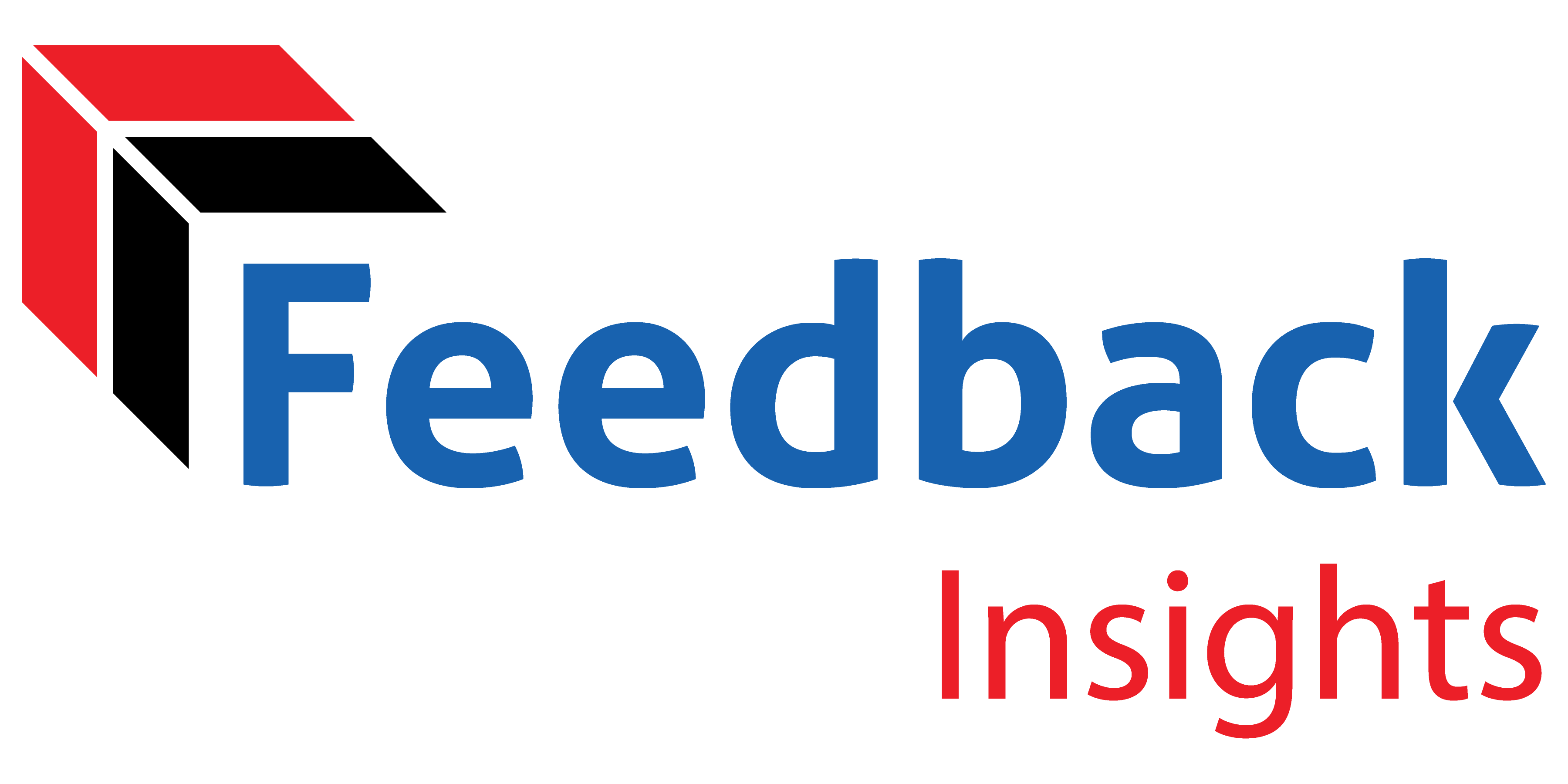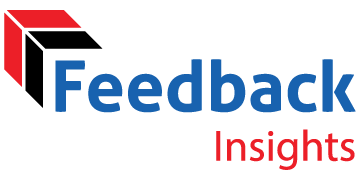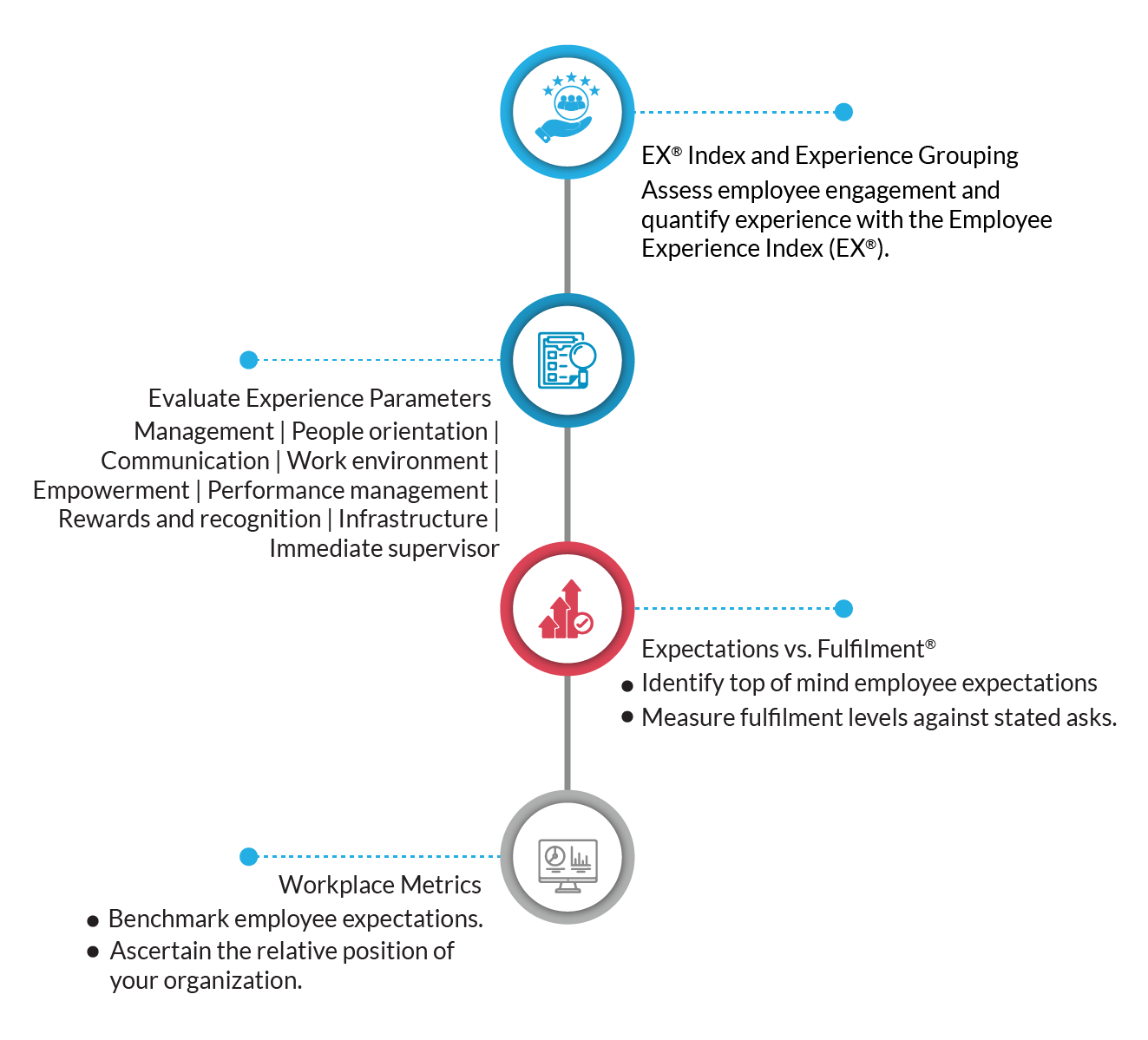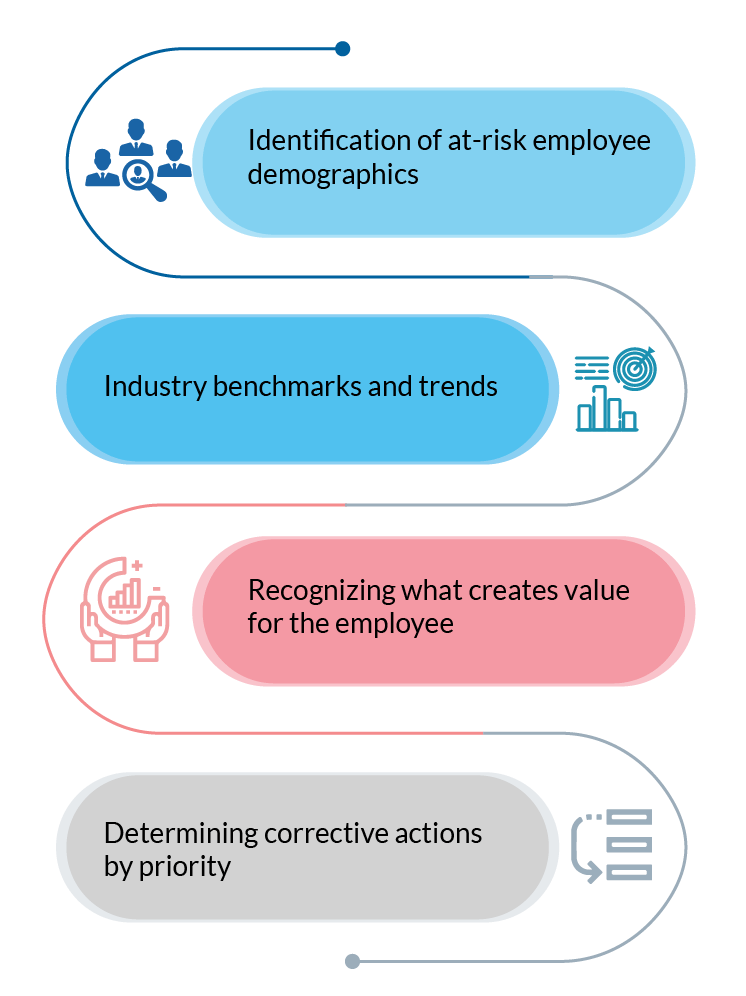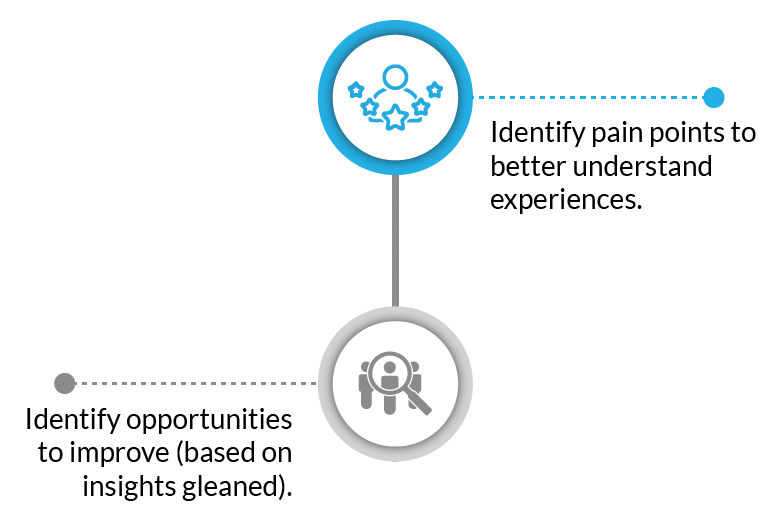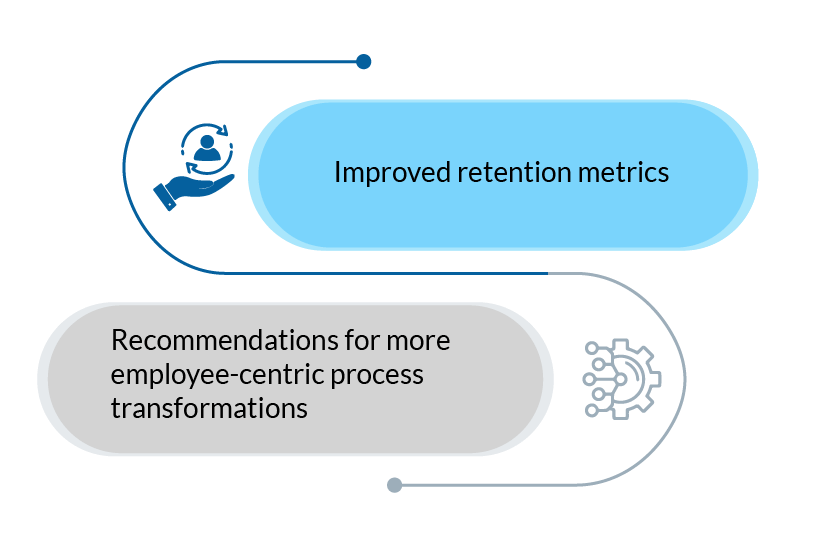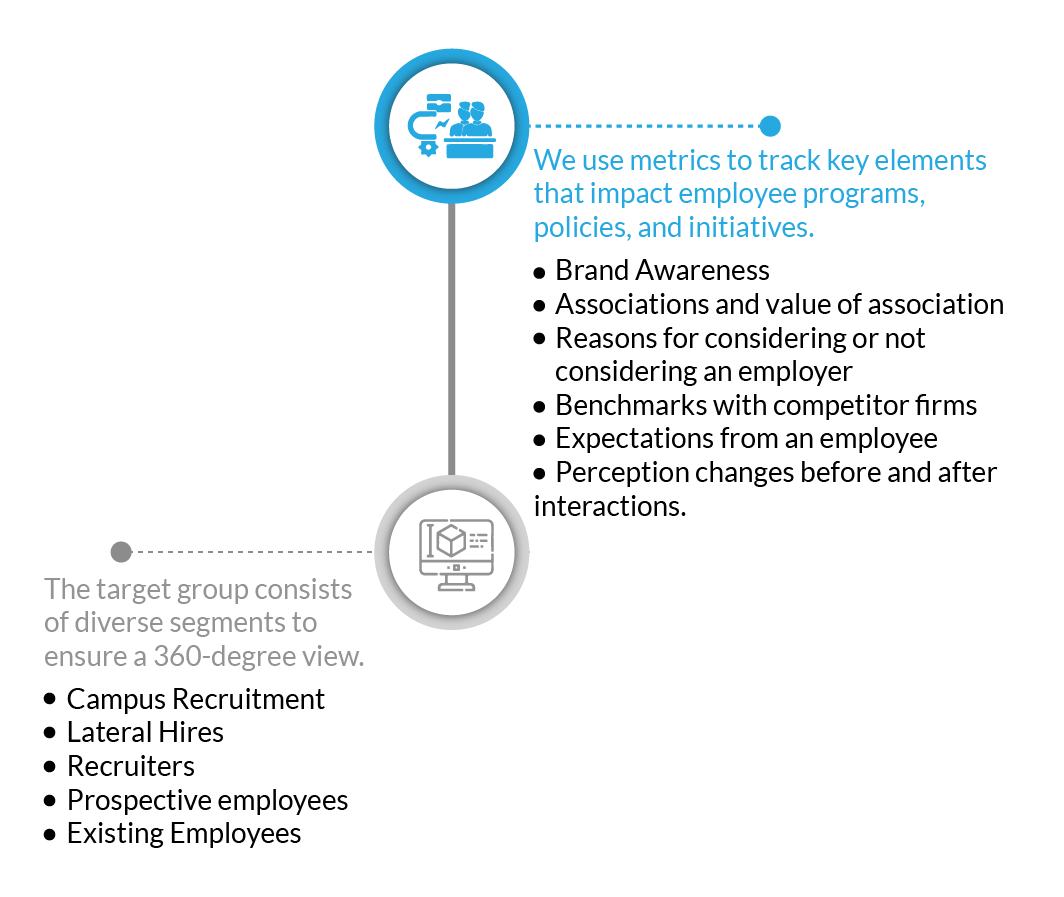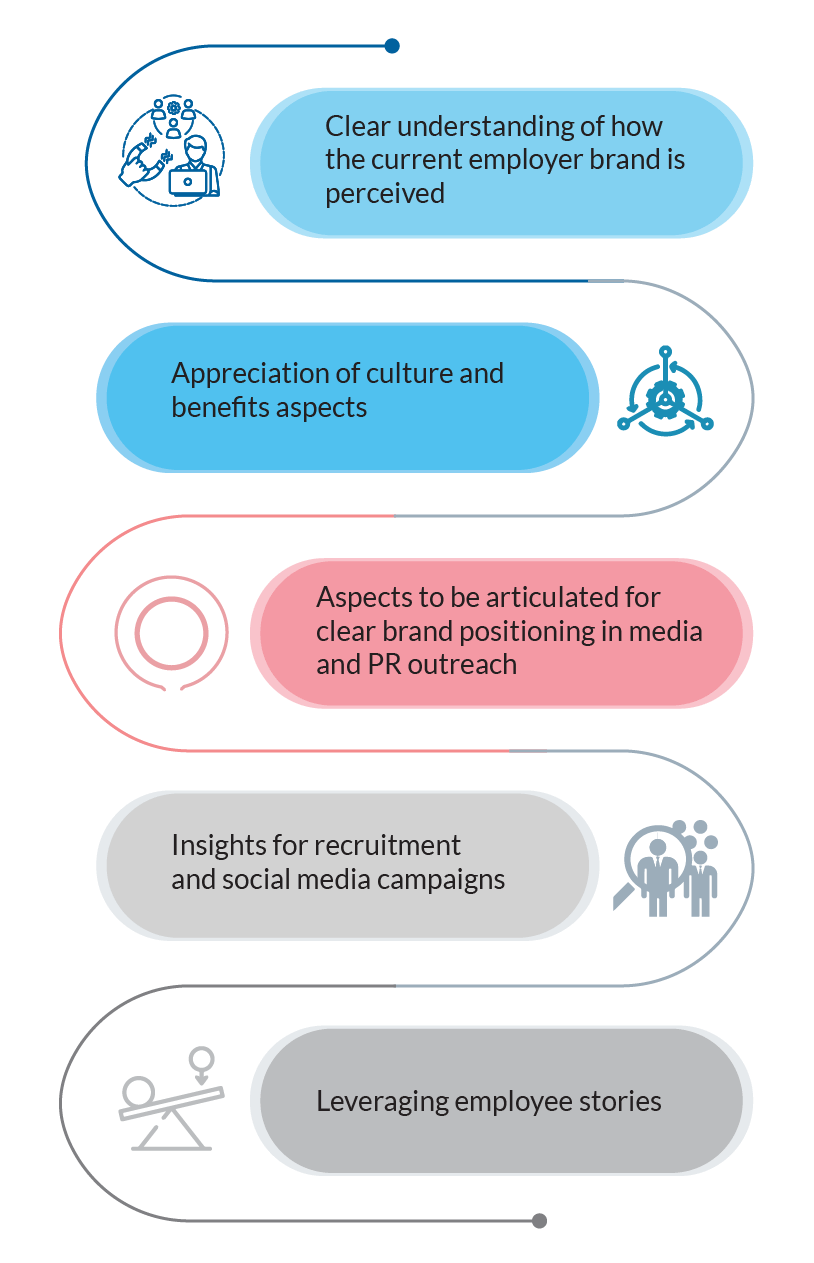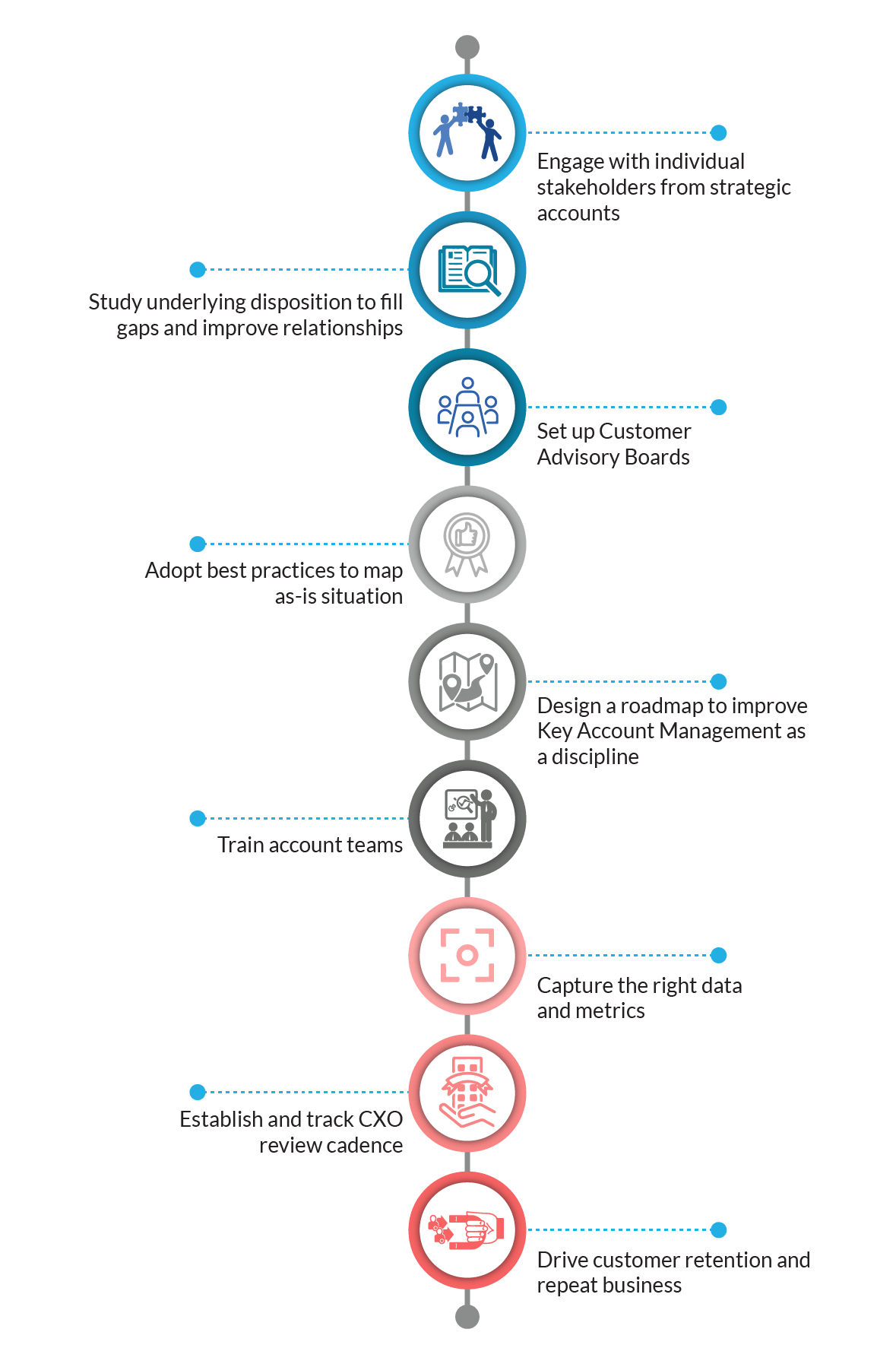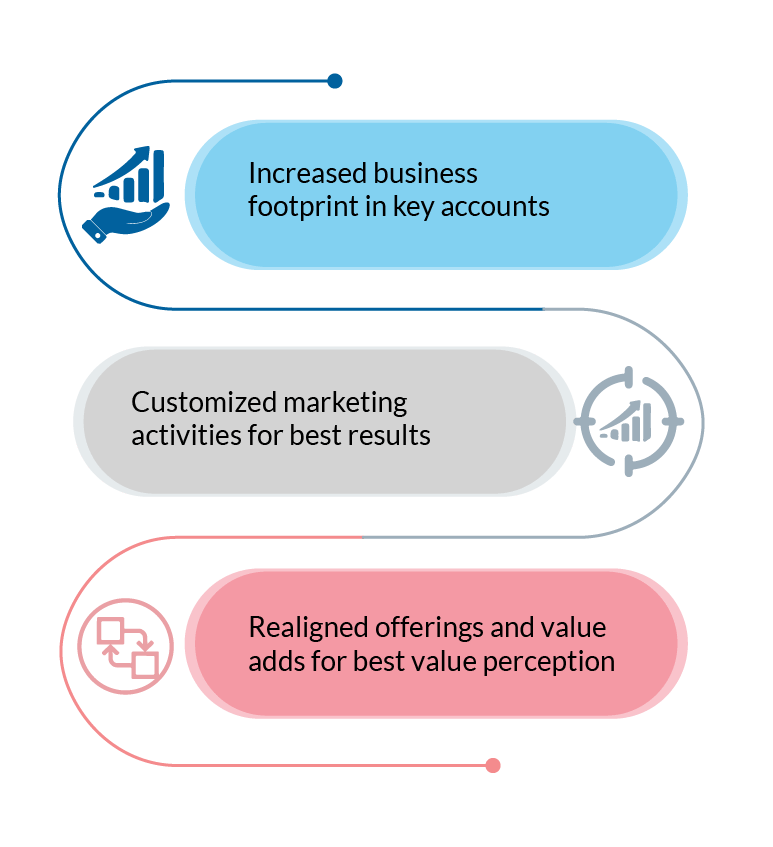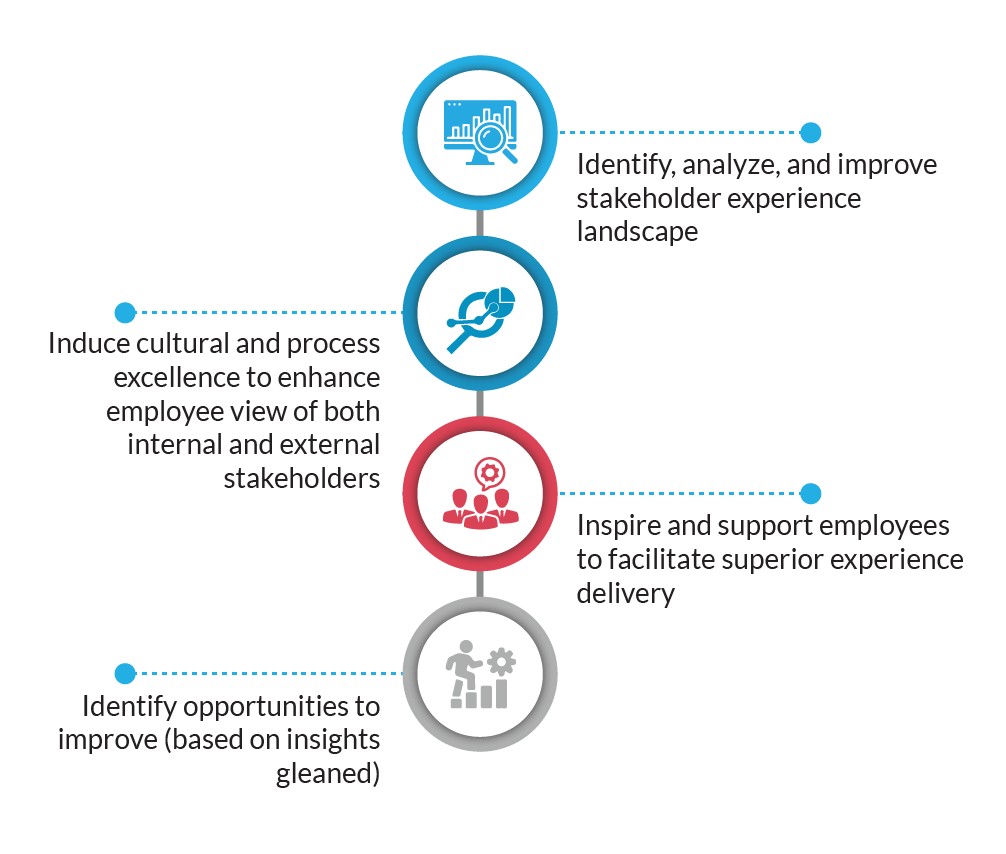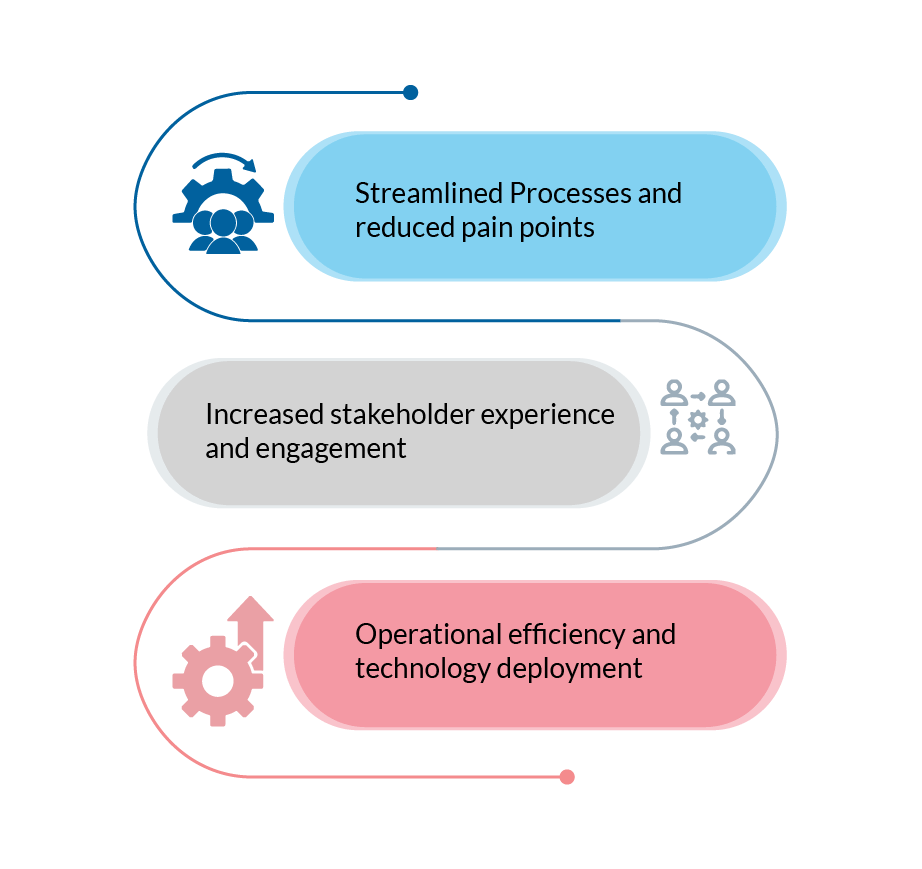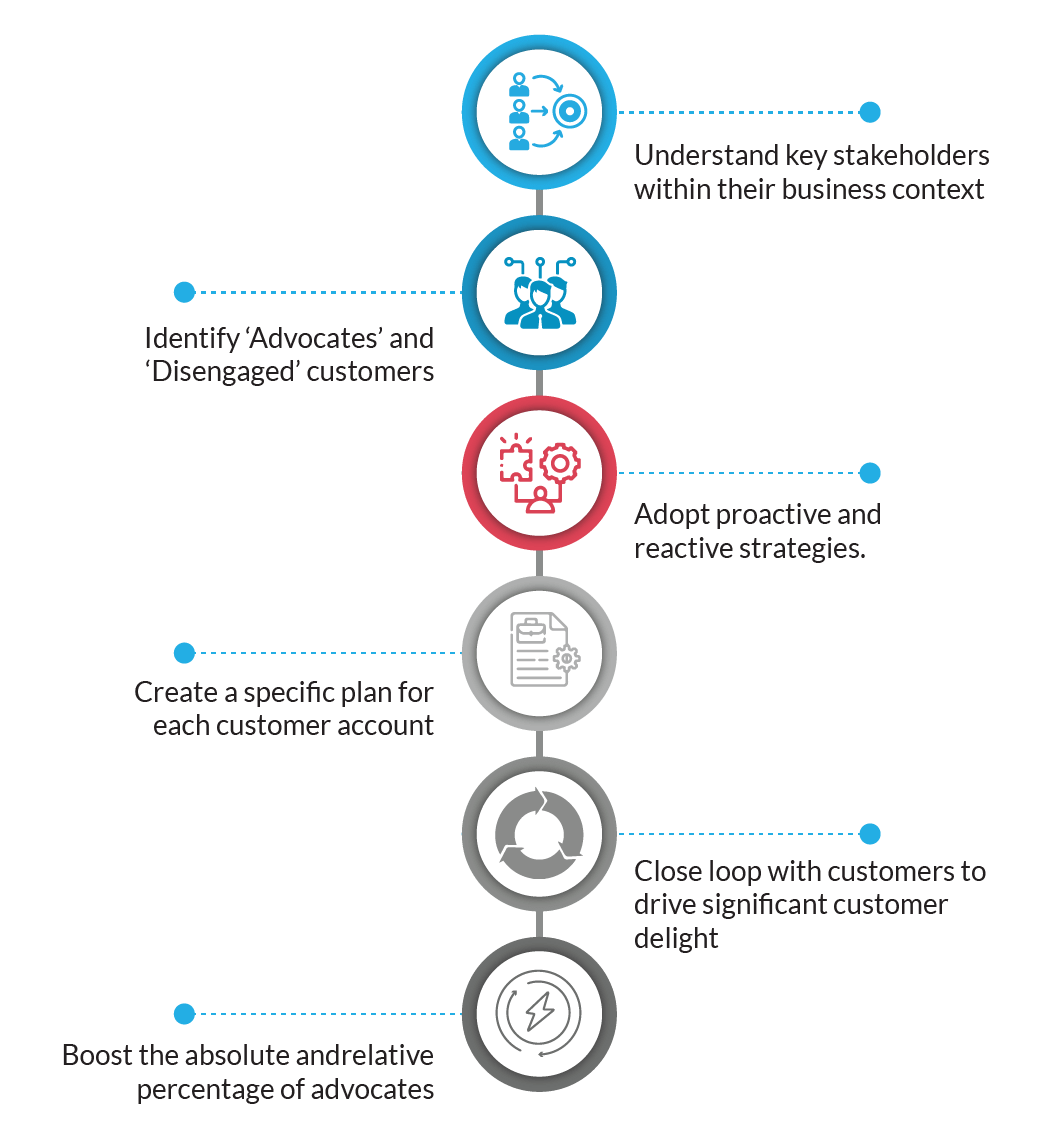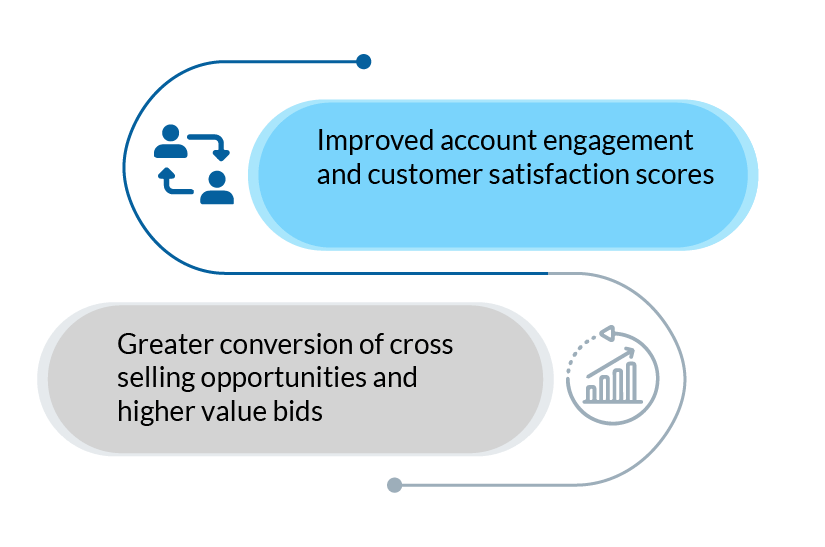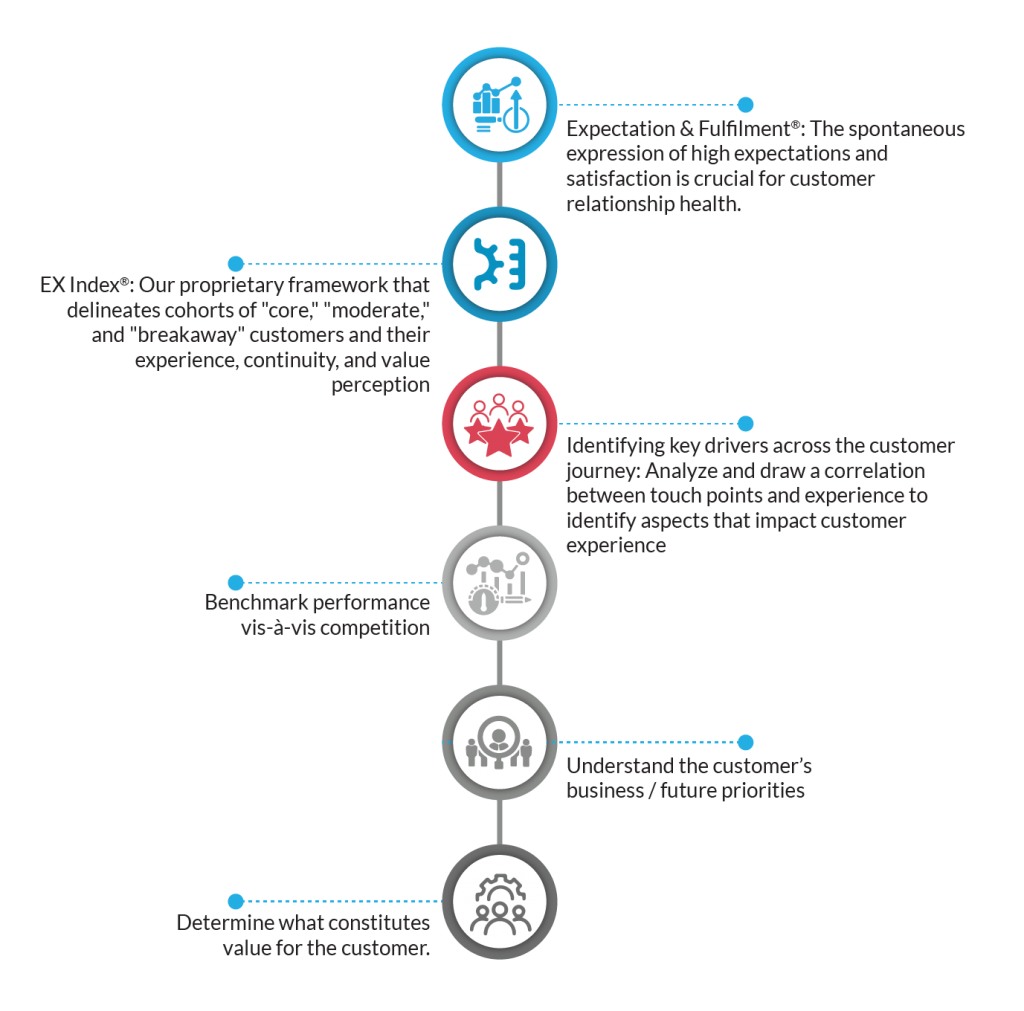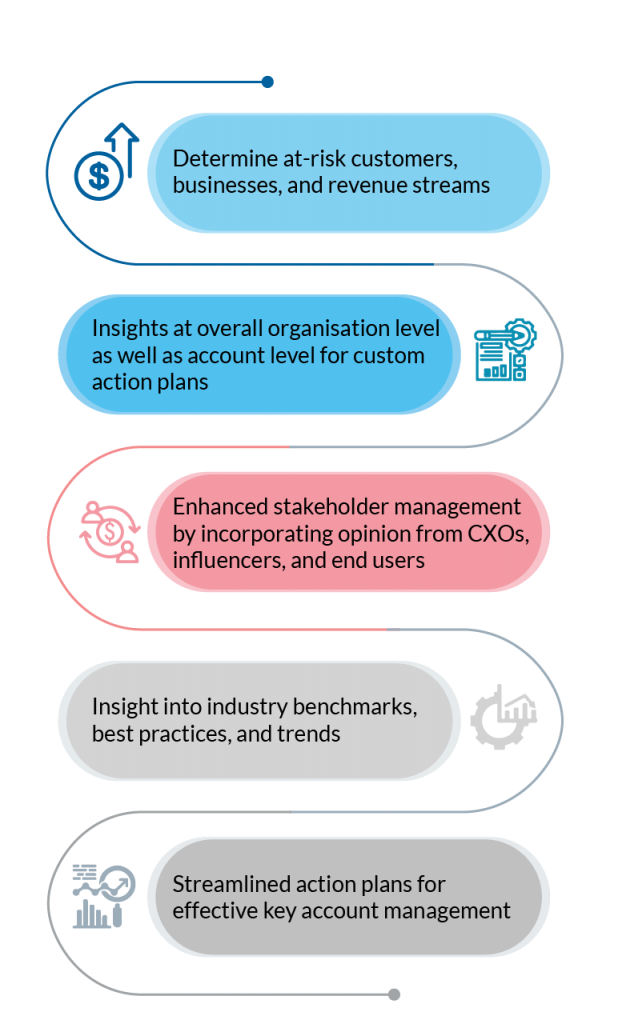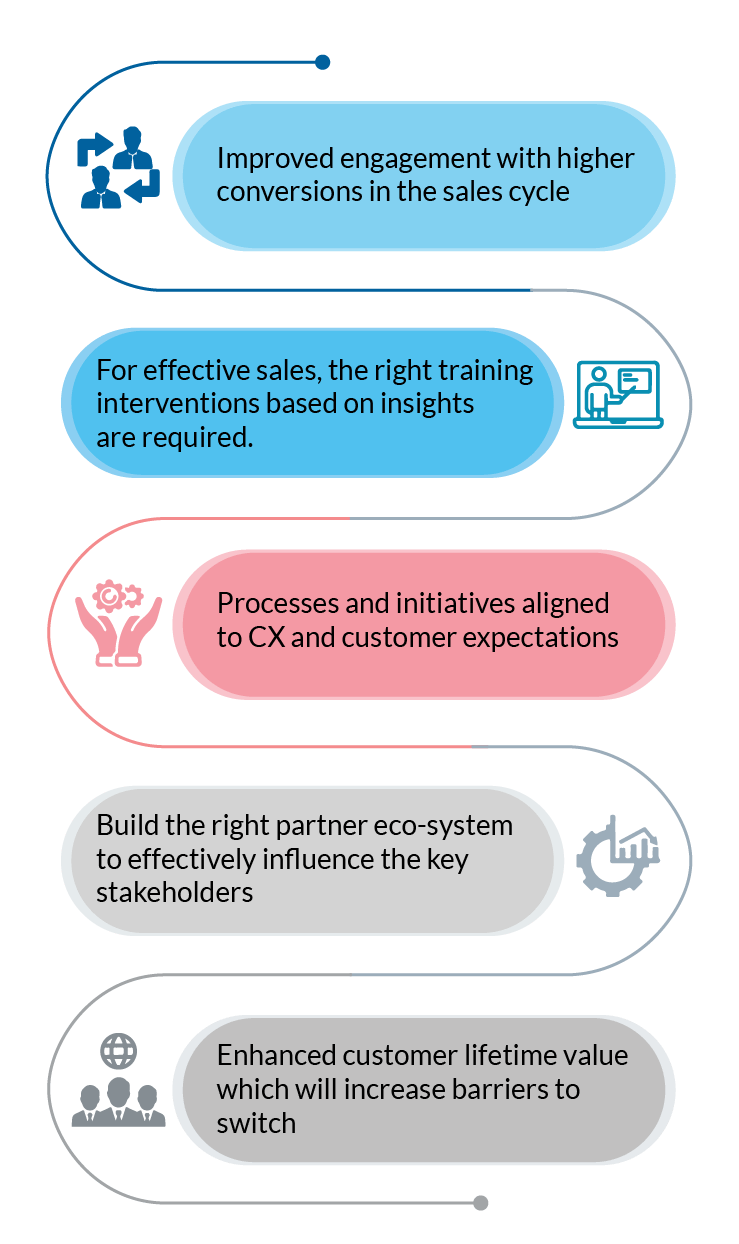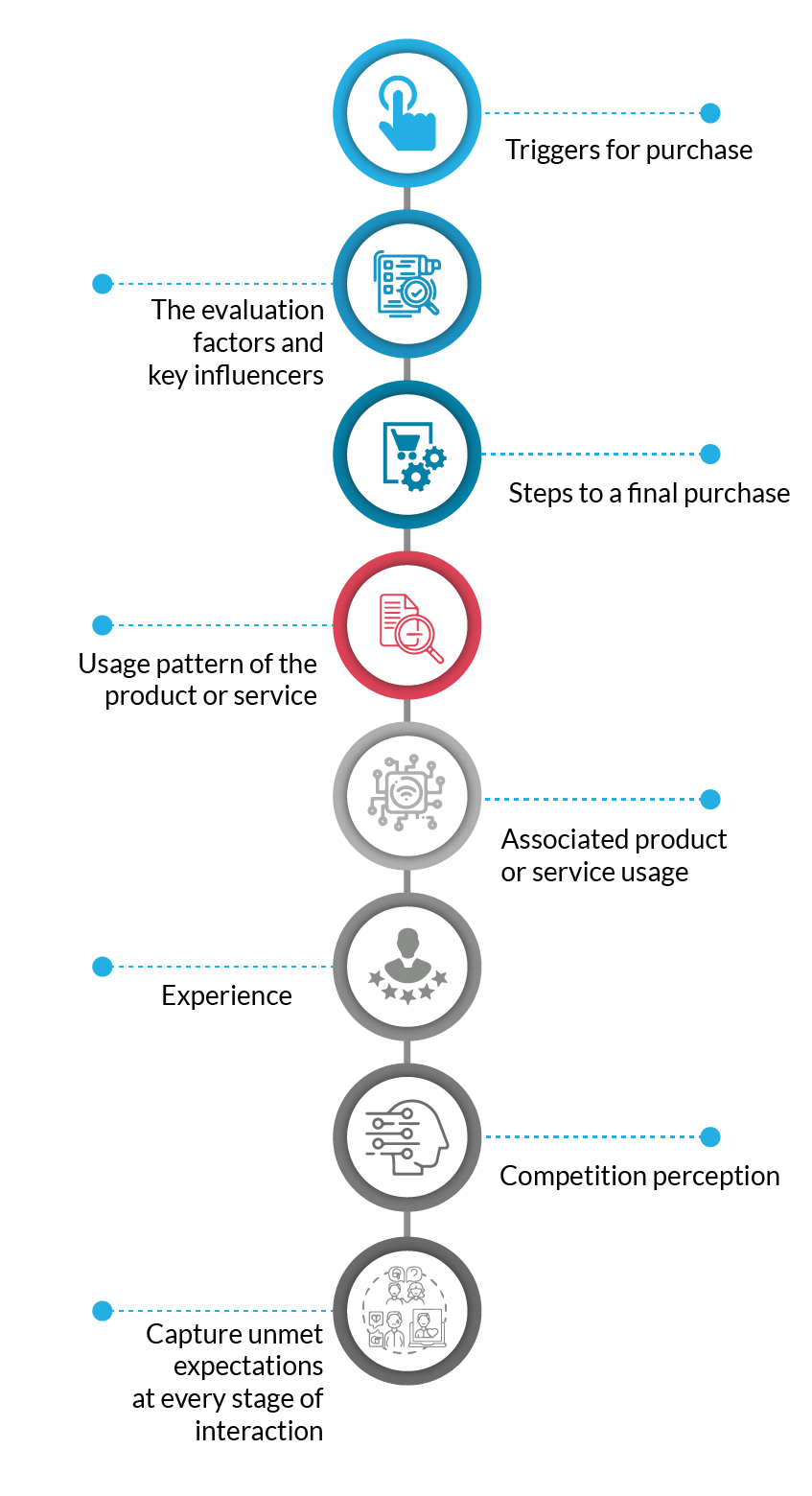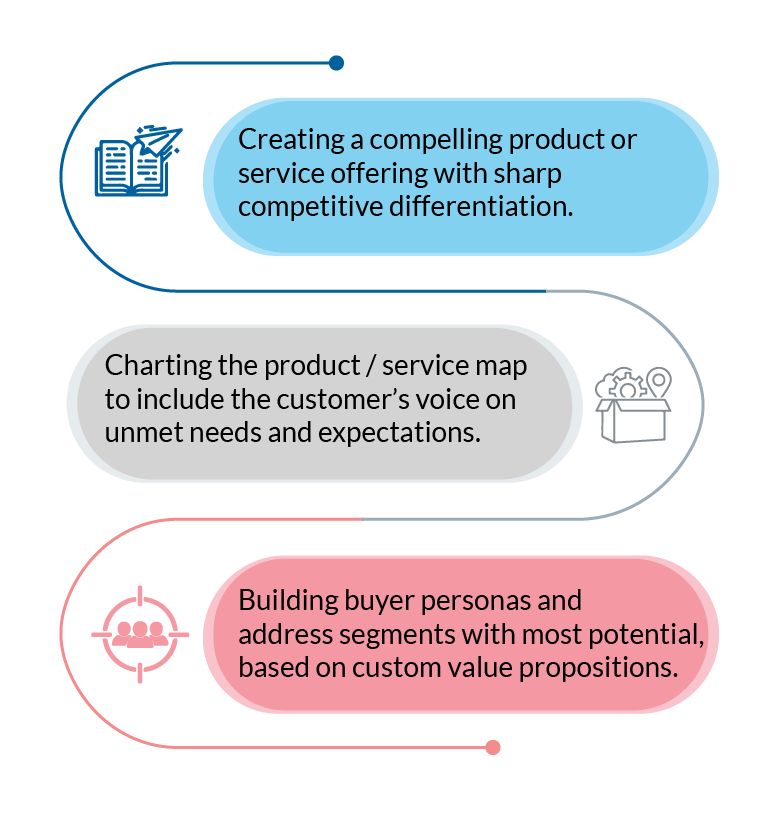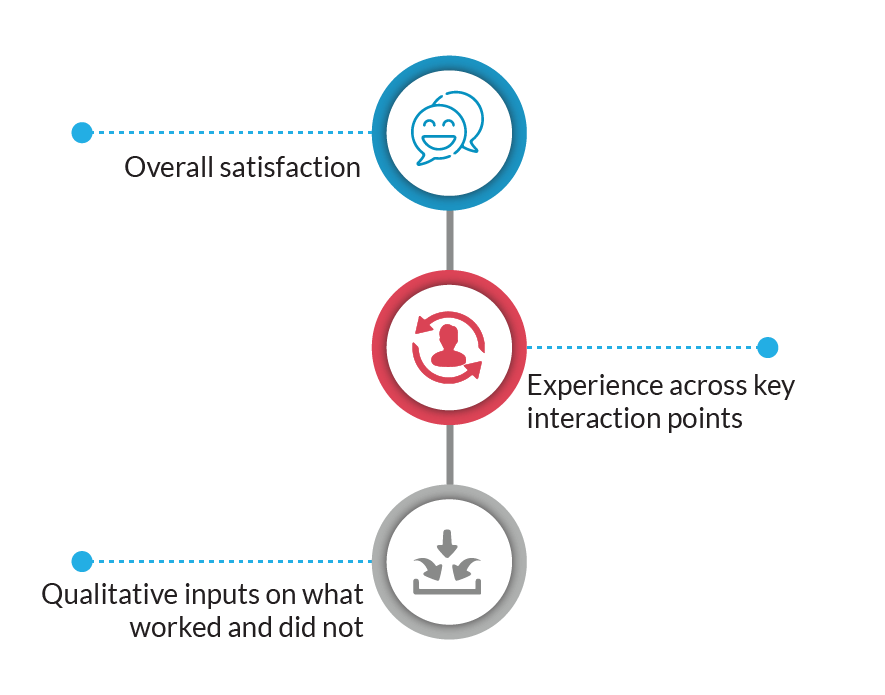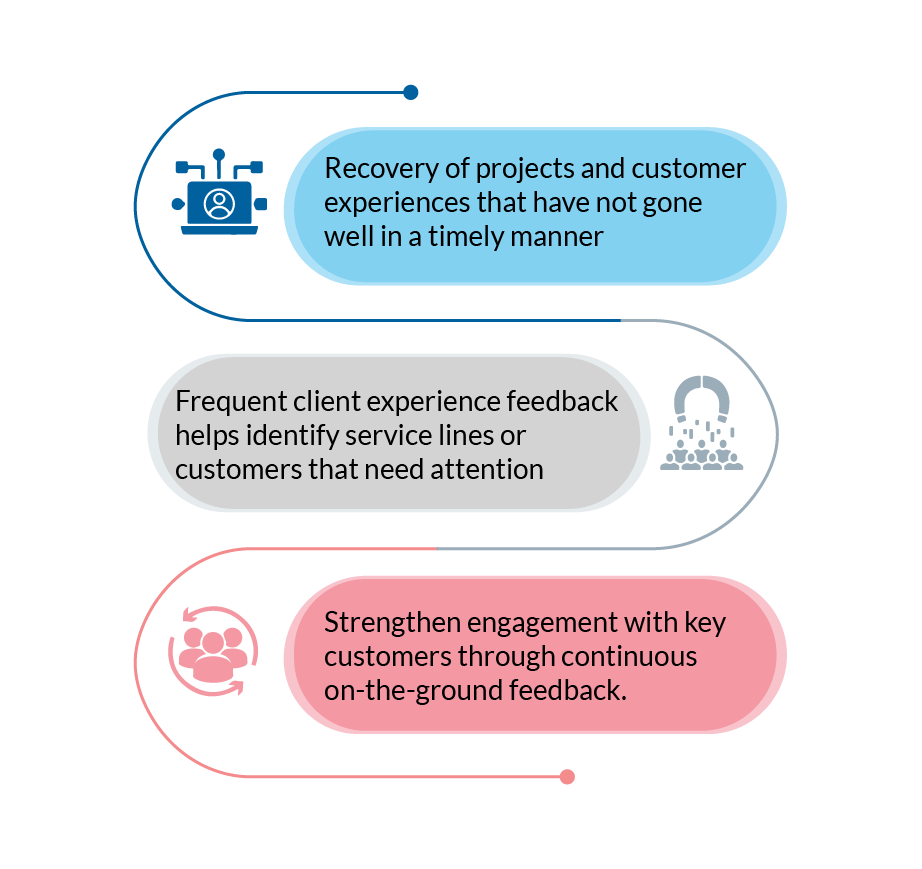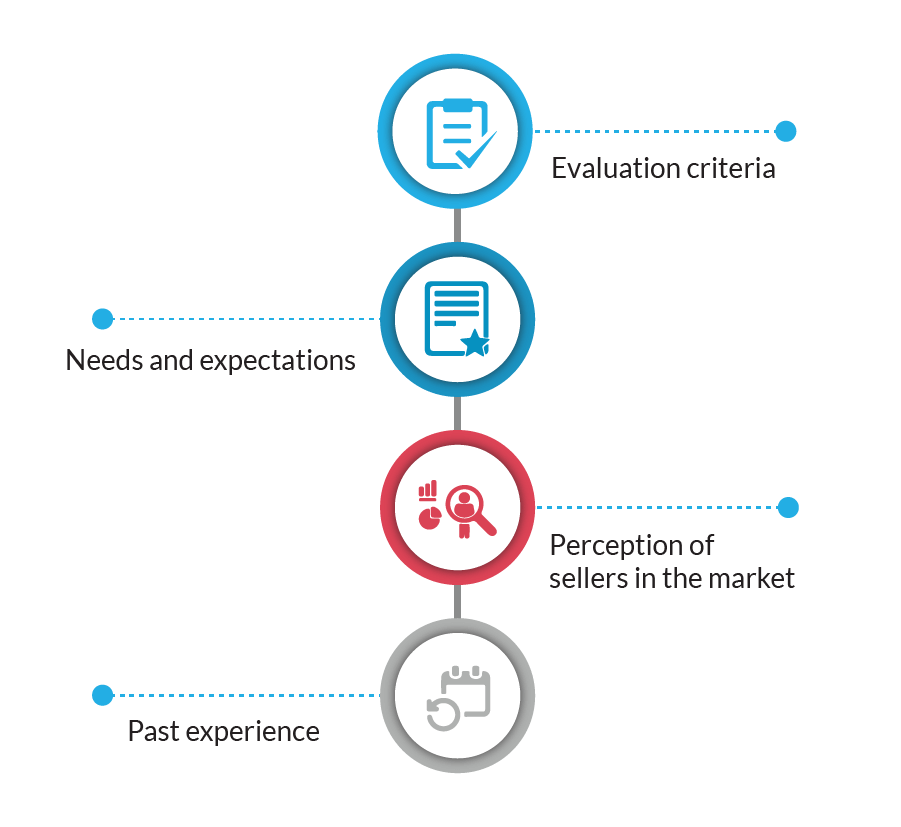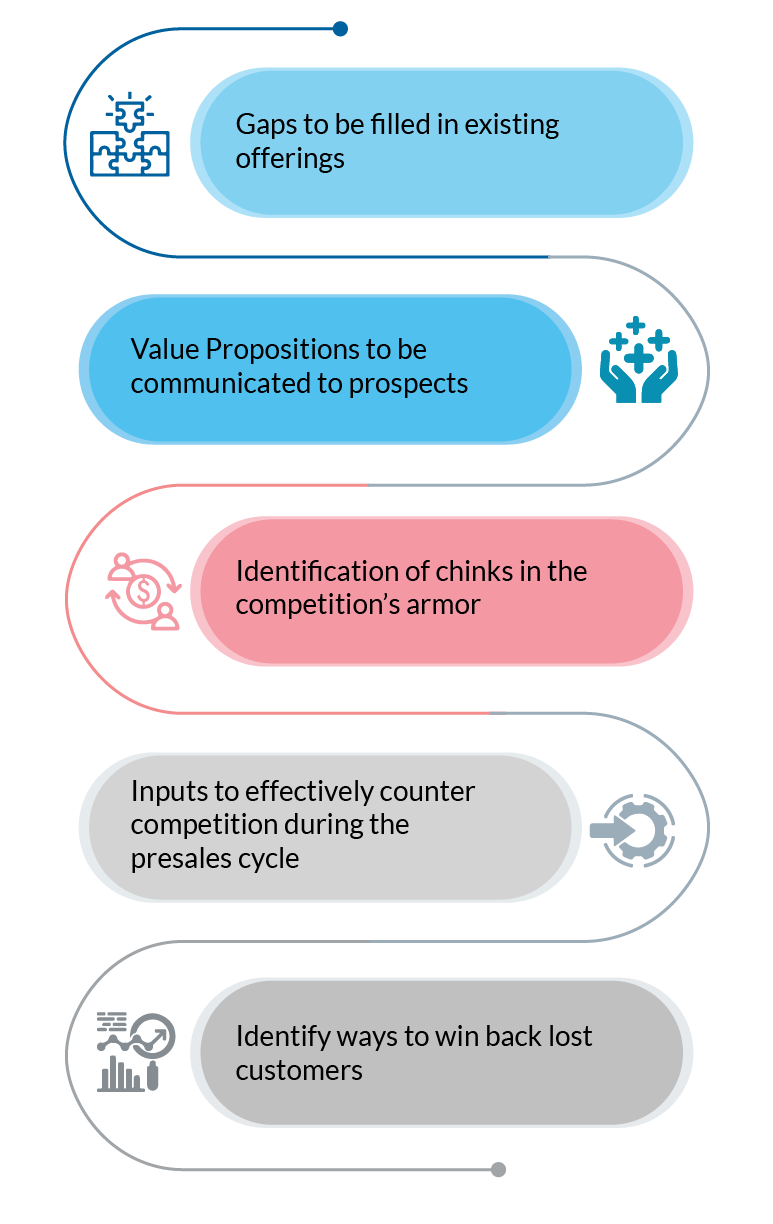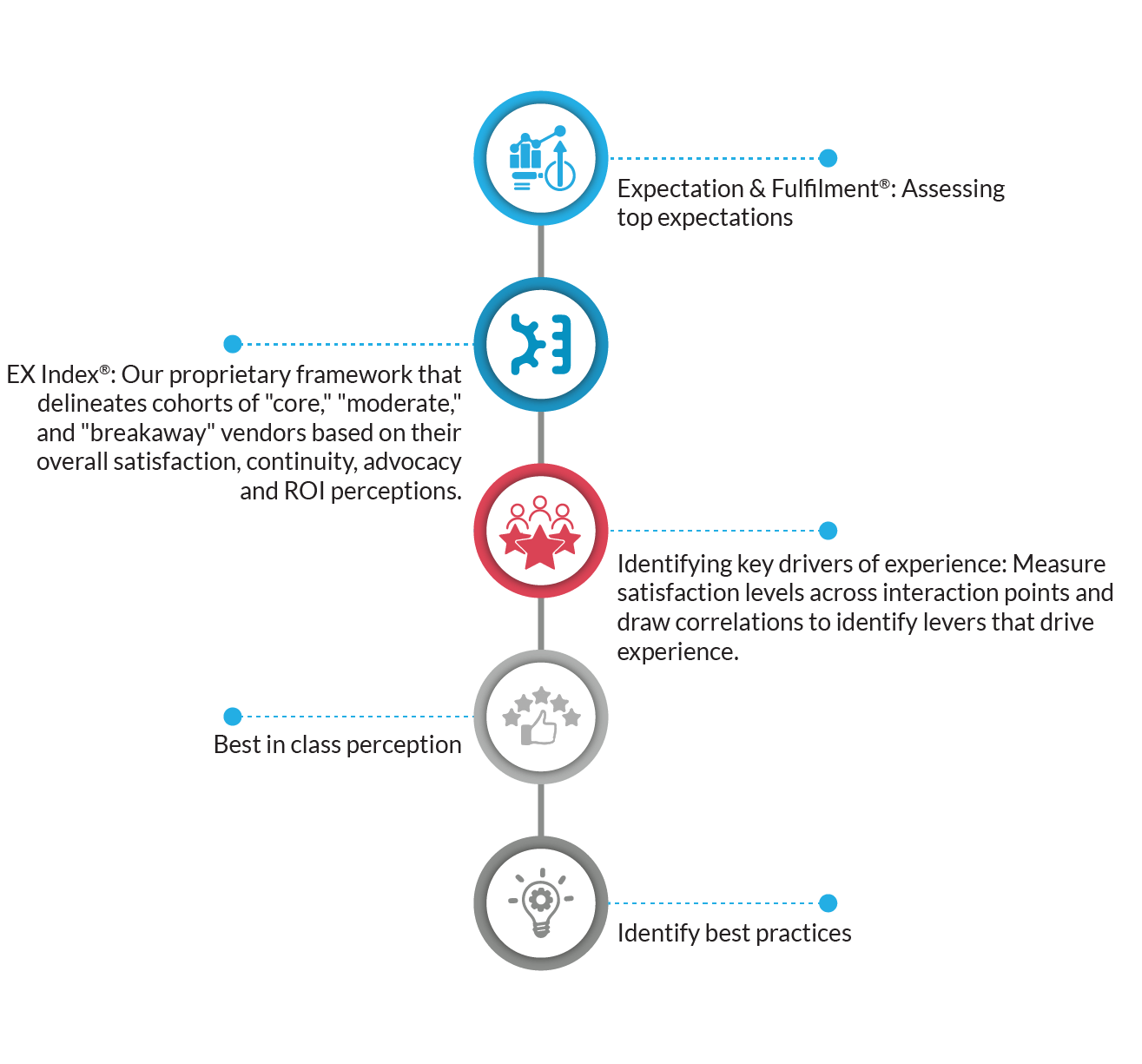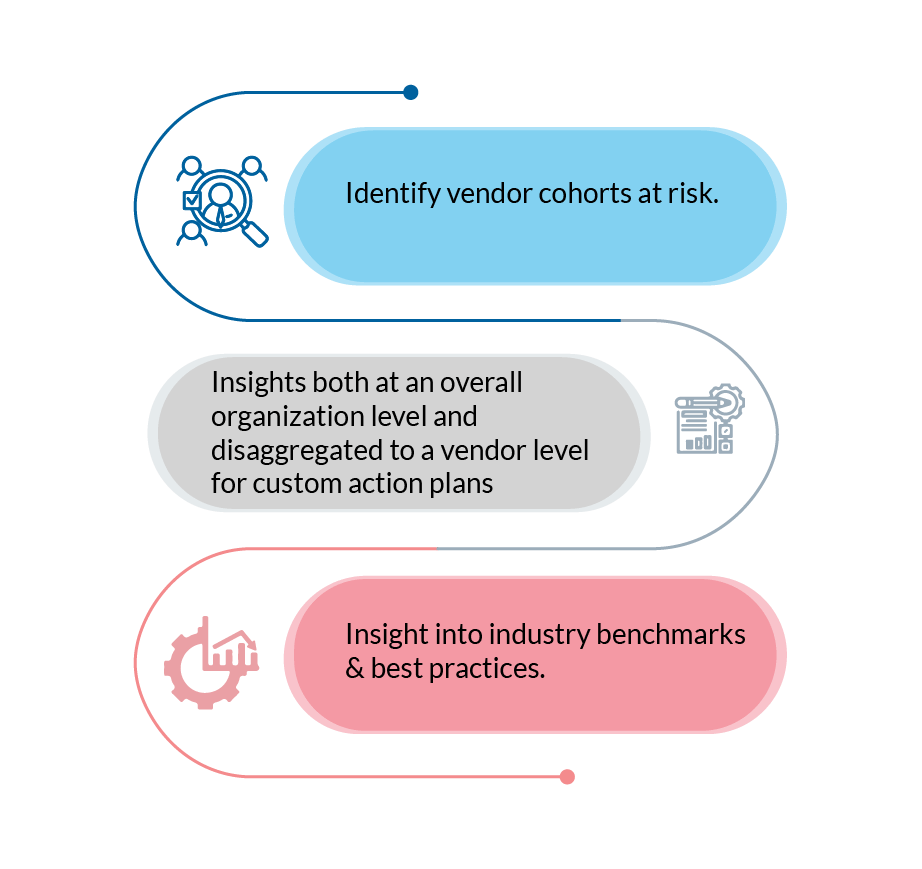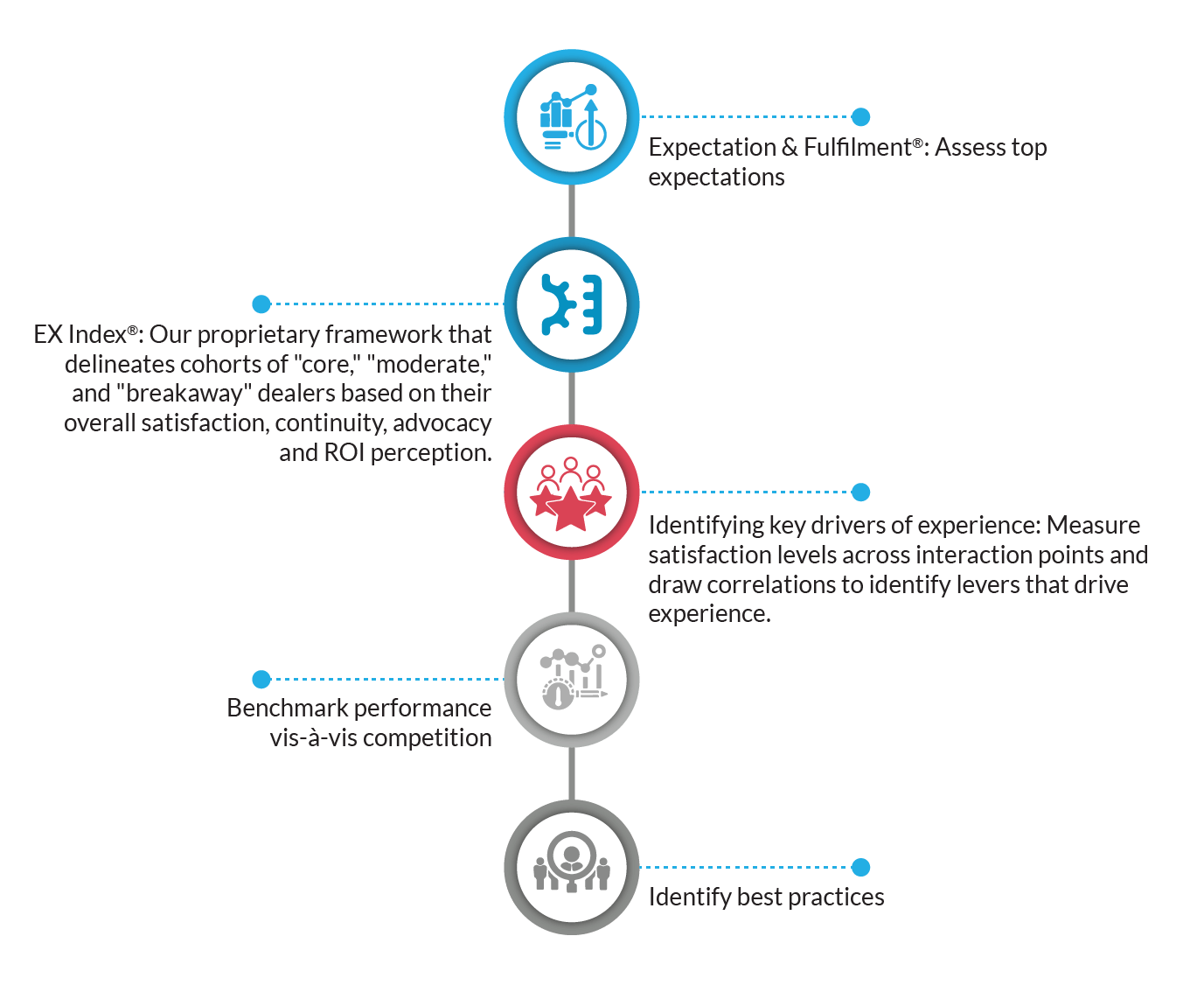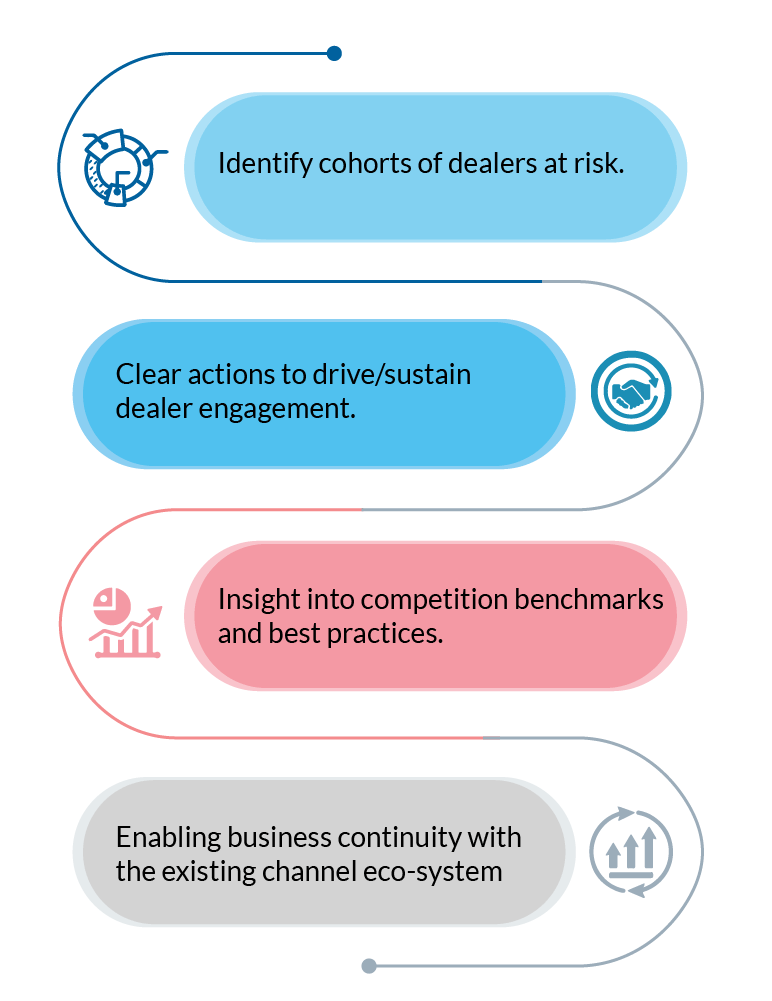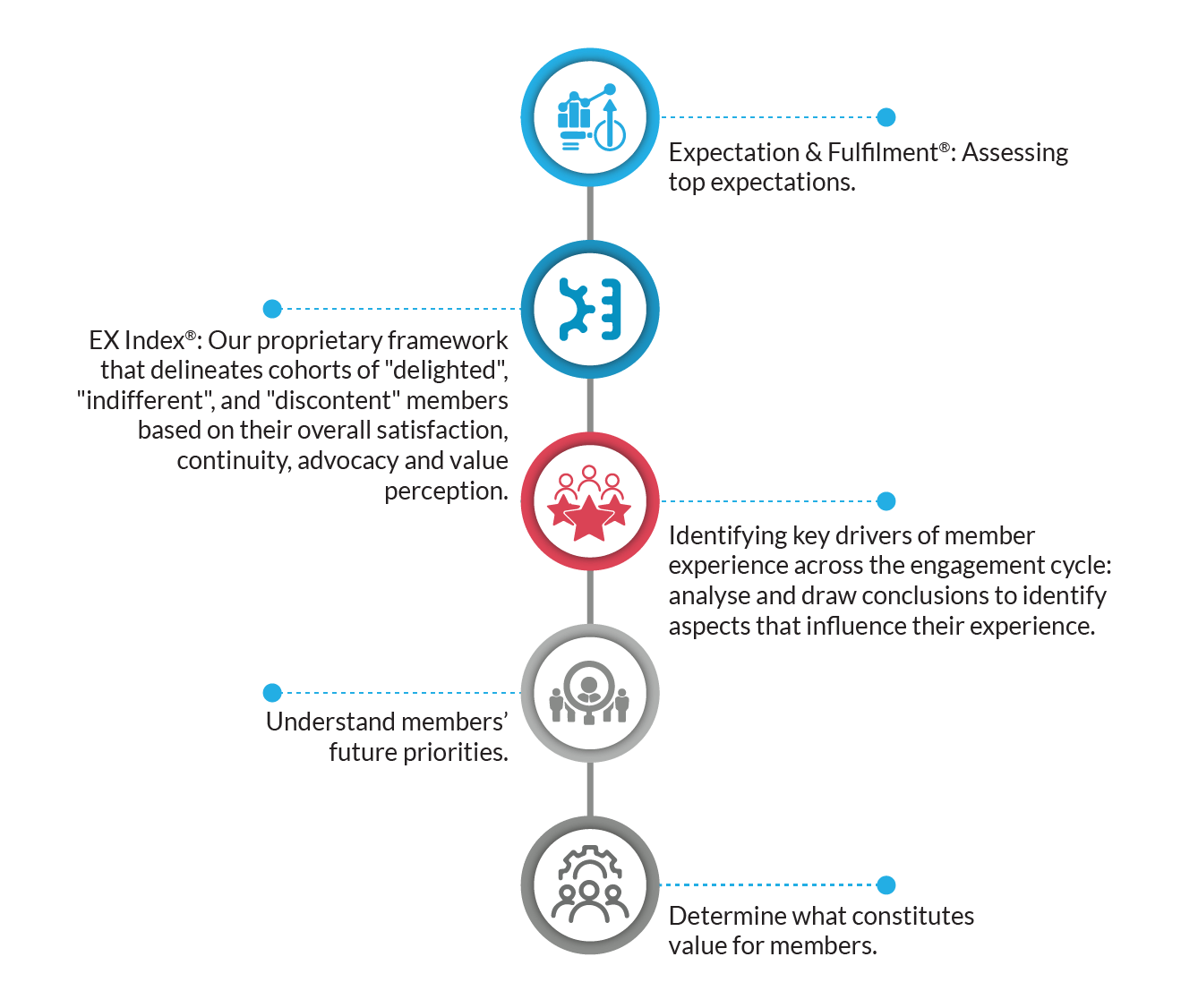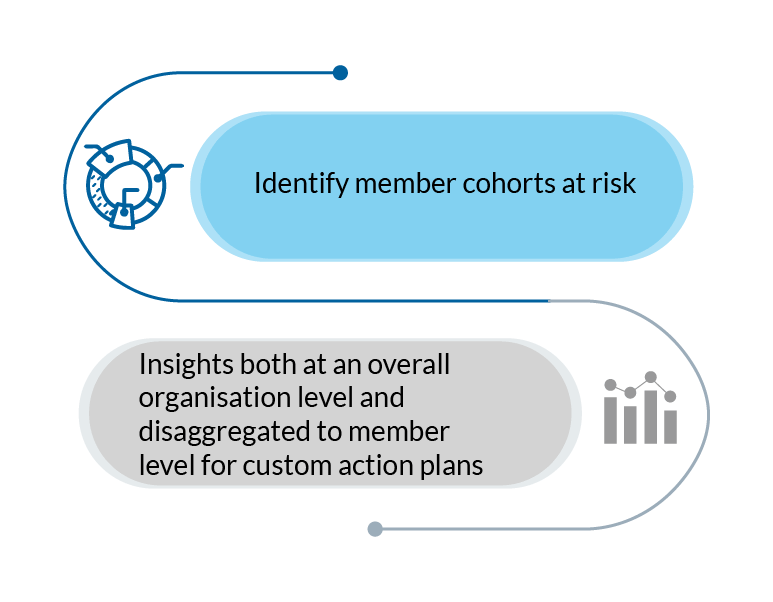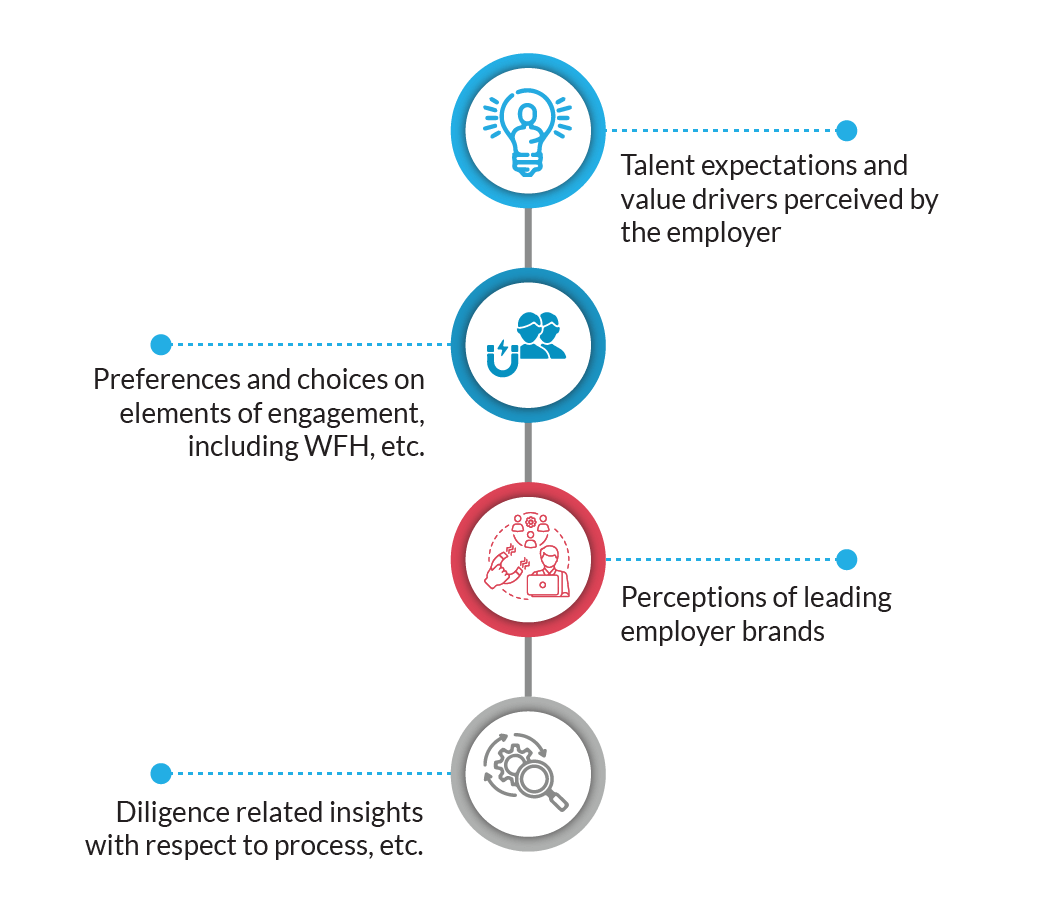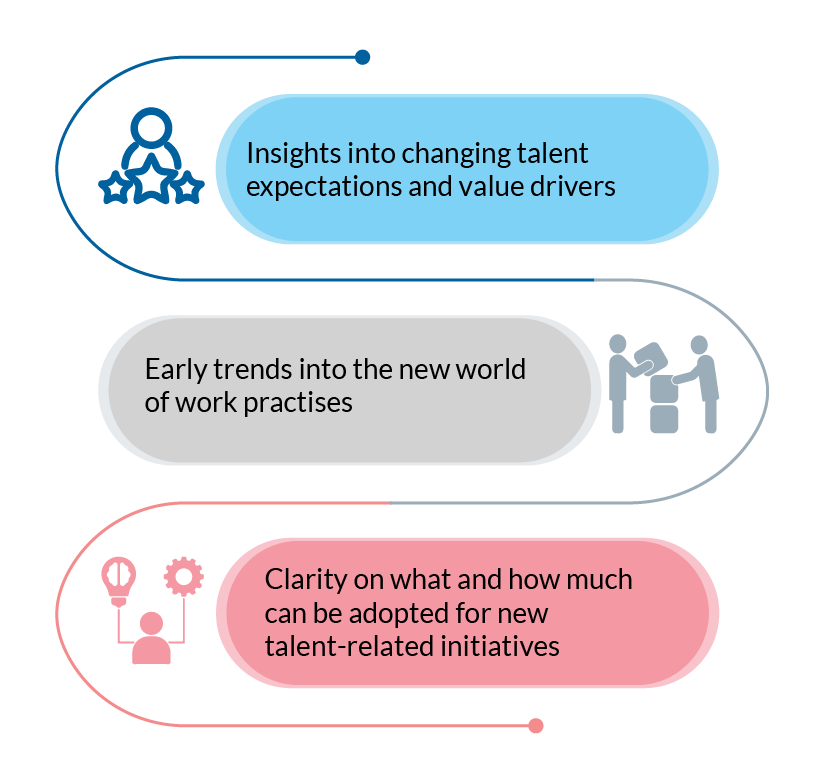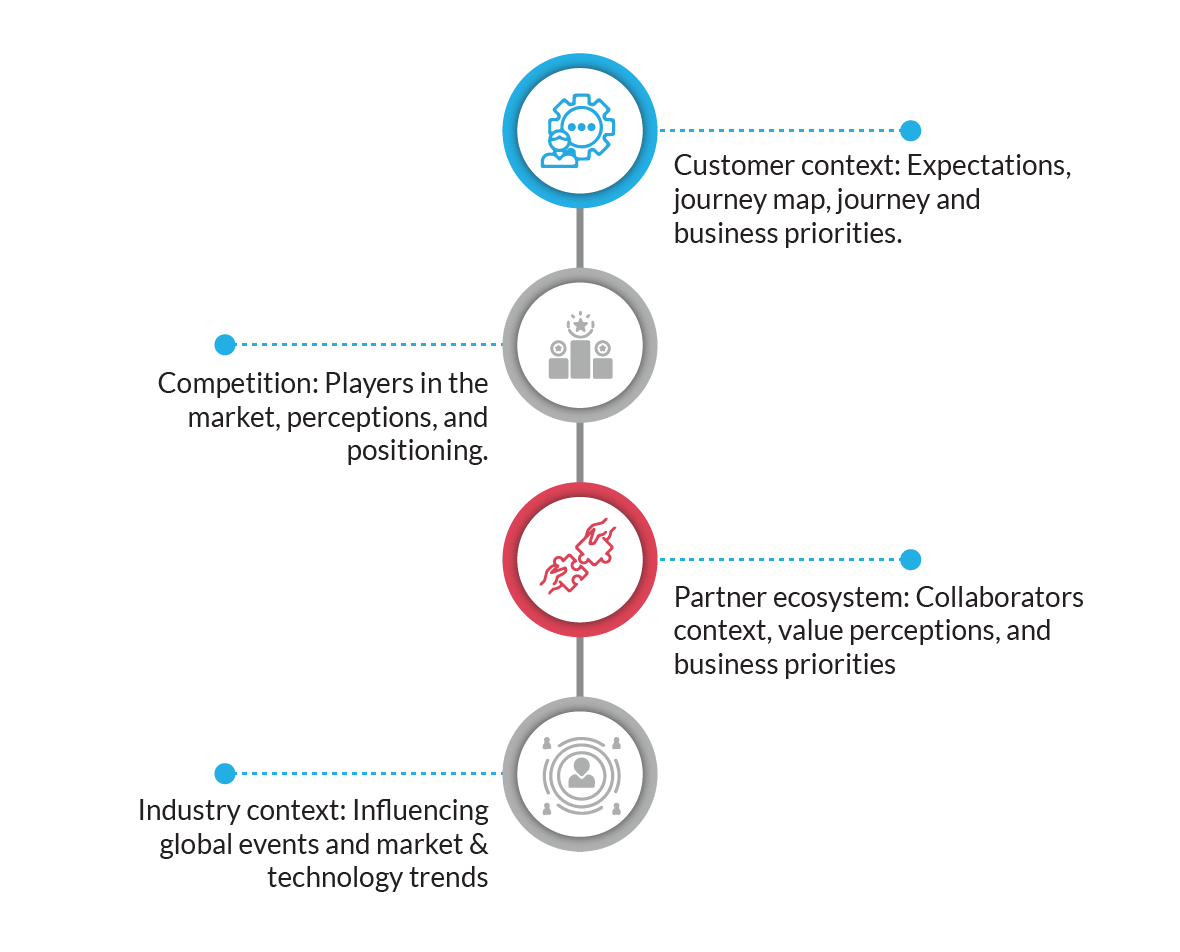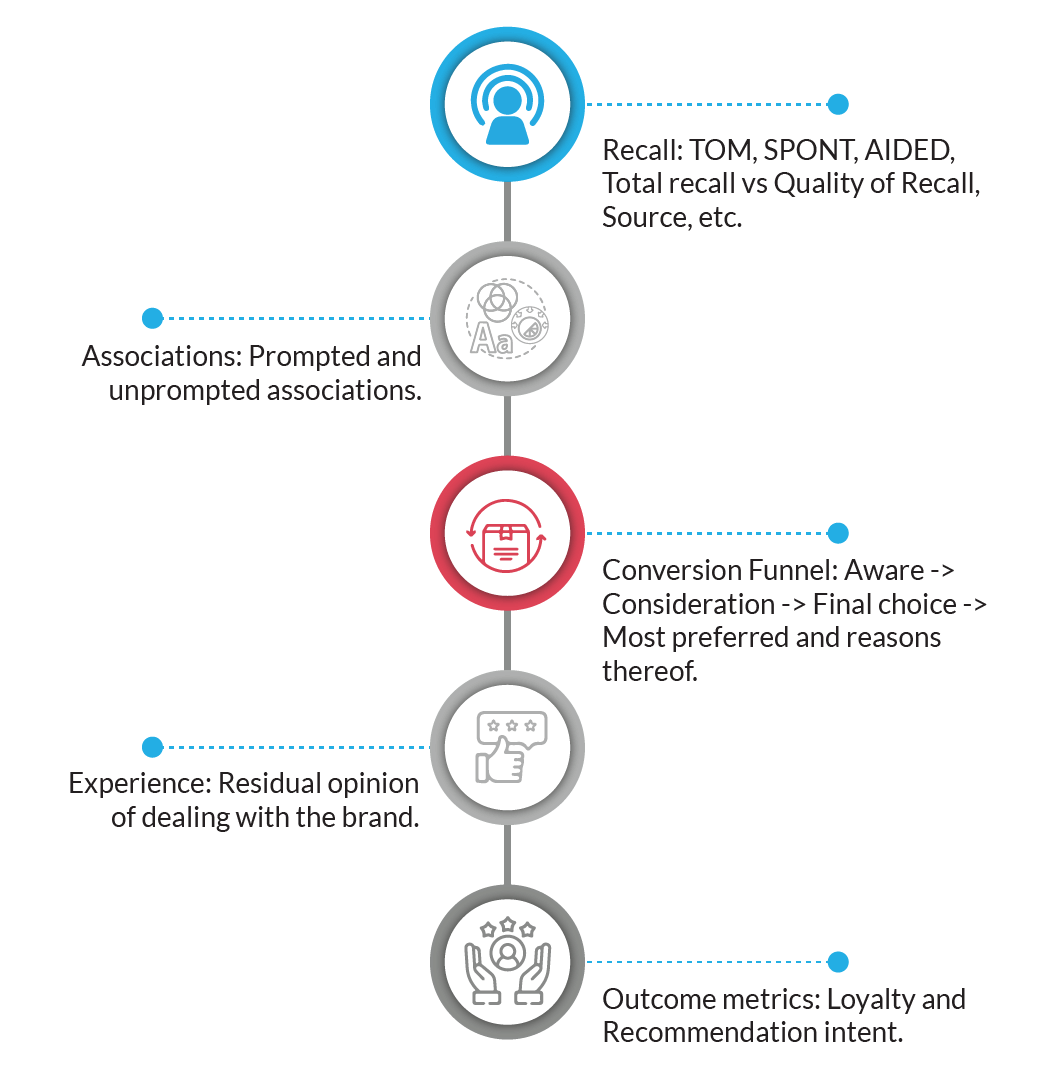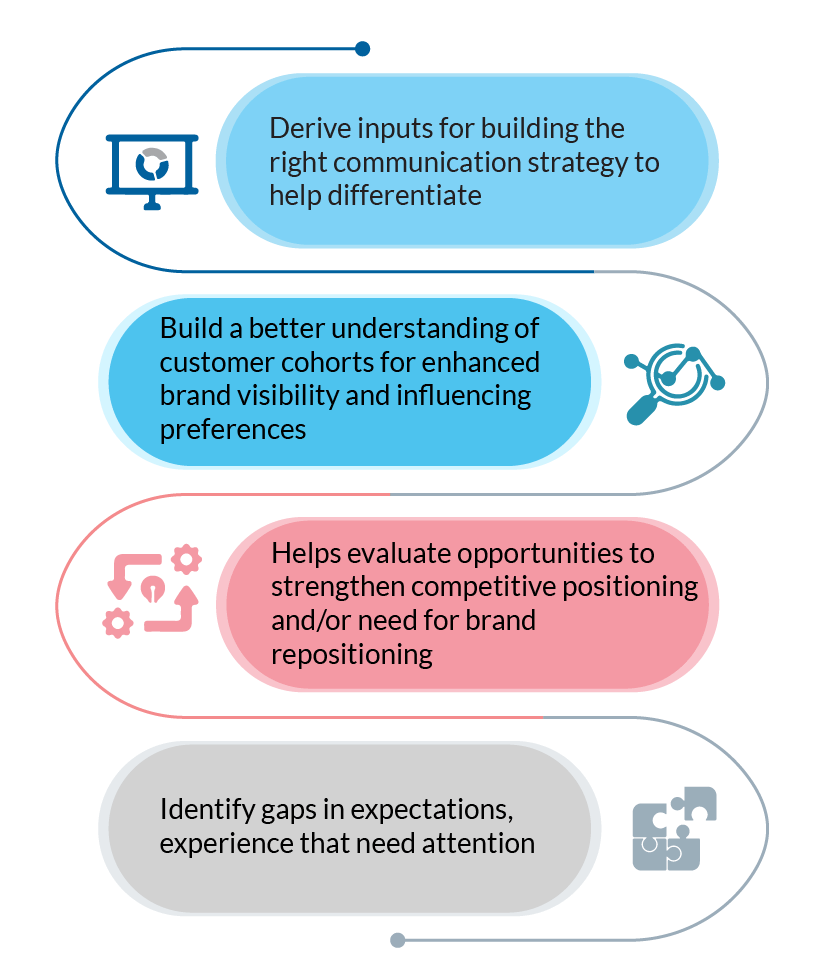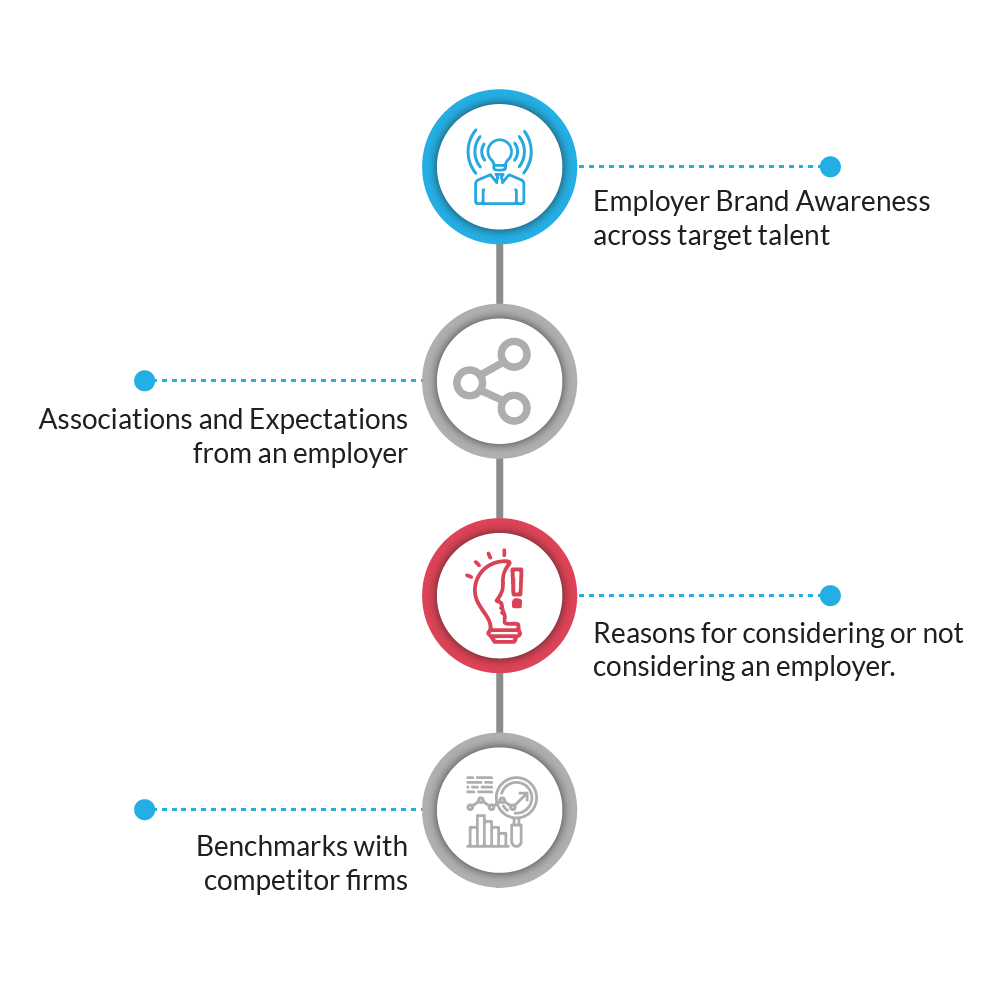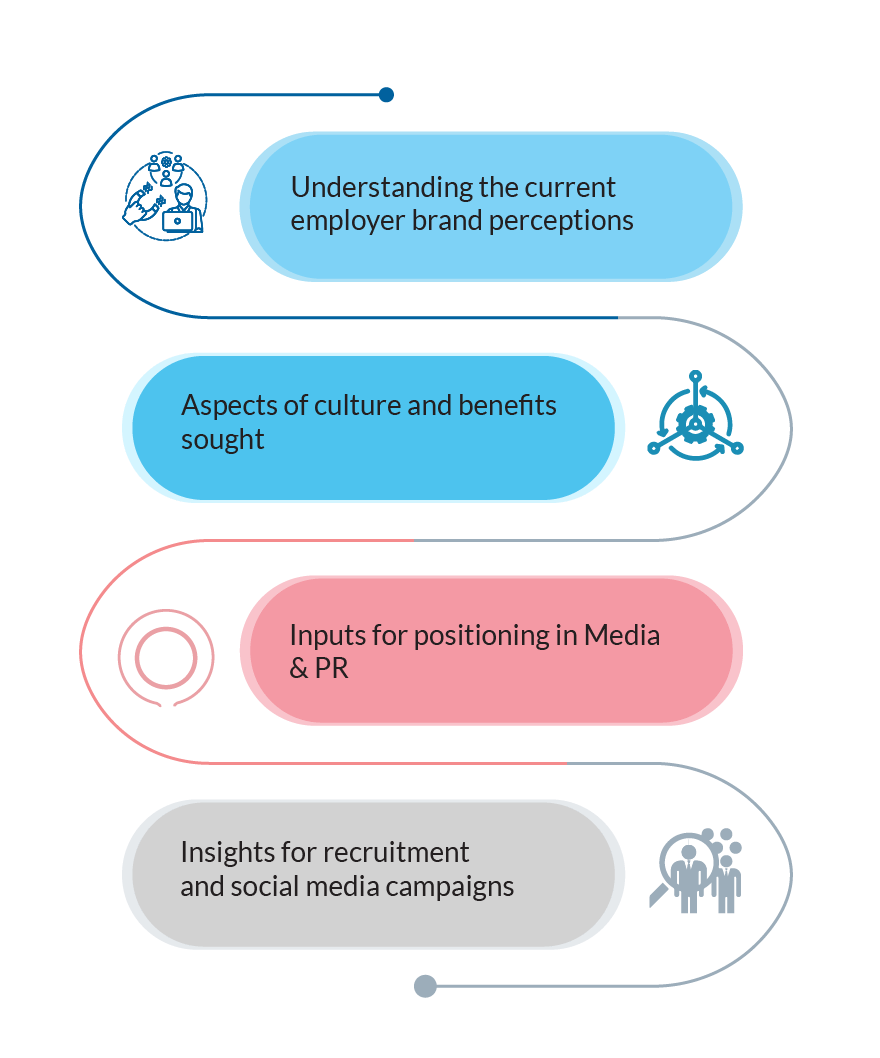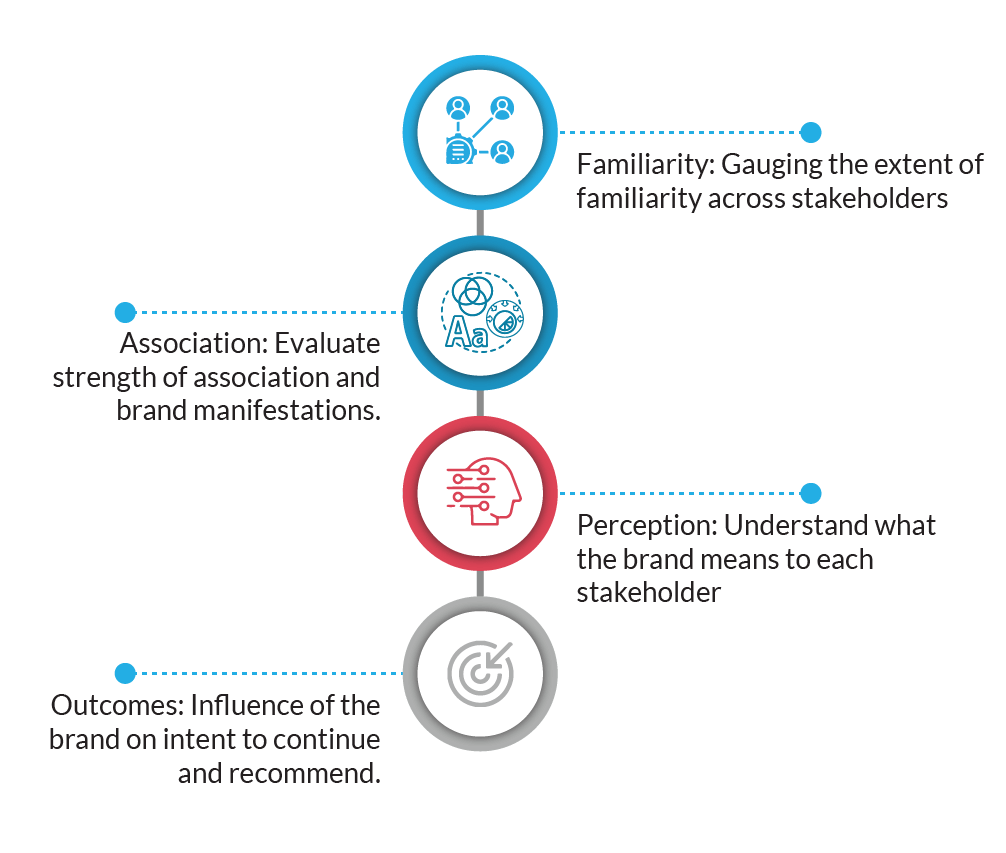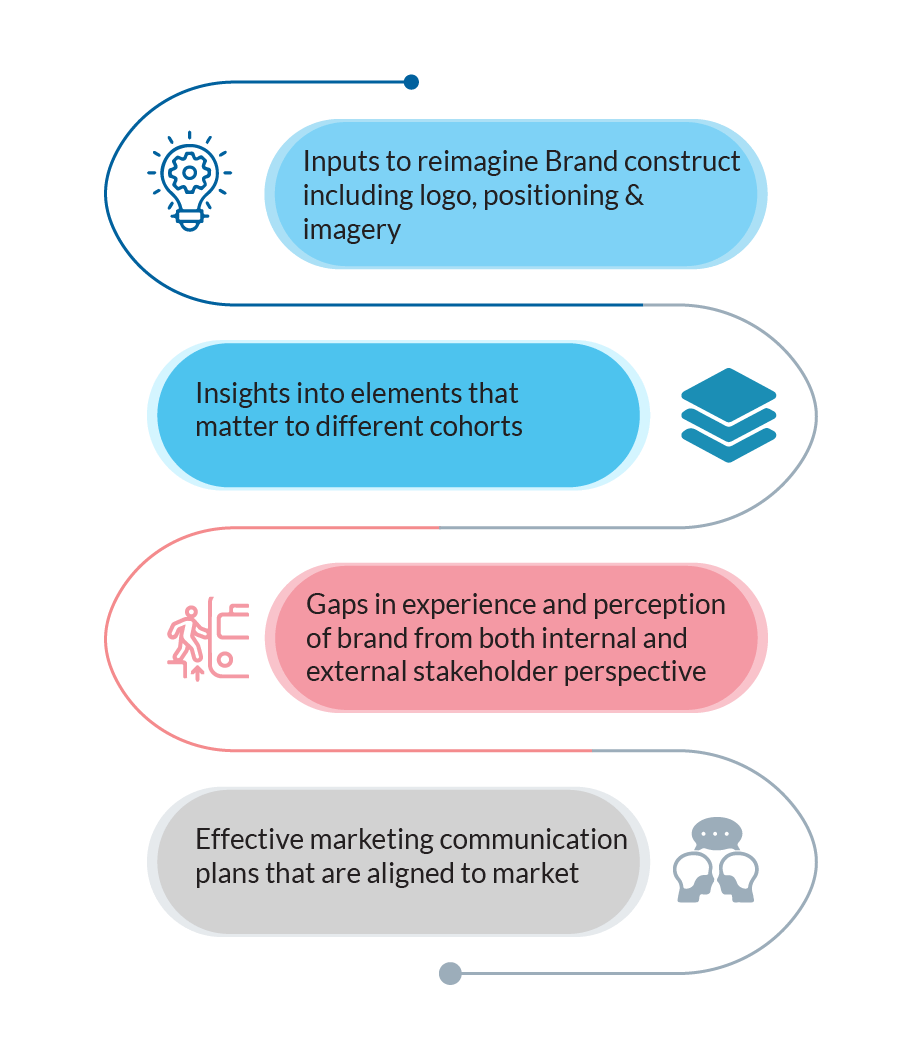Talent war has always been an uphill road for organizations. Talent goes beyond hiring. It is about building competency to help grow brands as a whole. Remote working witnessed the war for talent take centre stage with a considerable shift in employee demands, especially those with over five years of experience.
“Since the pandemic, priorities of job seekers have changed significantly. The role of corporate brand and the aspect of stability became less important compared to flexibilities of timing and location, learning opportunities and culture. While compensation is a key factor, the elements adding value as a professional are becoming critical,” says Ganesh Jayaraman, Head, Advisory Services, Feedback Insights. Interestingly, one in four employees who participated in a Feedback Insights study preferred organizations offering better learning and growth opportunities as well as flexibility and work-life balance. This change in employee perception has forced organizations to define and redefine Employee Value Proposition (EVP) to establish an employer brand with transparency and authenticity.
The Role of Employer Brand
Employer brand, in essence, is how talents perceive and define an organization’s values, beliefs and culture. It is no longer an eye-catchy tagline but a reflection of what the brand stands for. The concept of a picture-perfect or instagrammable workspace may no longer woo matured talent. Rather, they look for social equity, diversity, inclusion, learning opportunities, career growth, better pay and compensation benefits.
Feedback Insights invited industry practitioners for a virtual discourse – HUDDLE 2021 – to help find answers to the talent war conundrum. The panellists unanimously voiced the need for an employer brand in winning and retaining talents.
Meher Taj, who heads external communication for EY, says transparency is a key proposition in EVP. “Communicate your Employee Value Proposition (EVP) with authenticity. Your potential employees are connected on social media platforms. EVP is not a tagline or a tool. Be authentic. Practice what you preach,” she says.
While these are the EVP trends defining the talent war, here are the key takeaways from HUDDLE 2021.

Nurturing Talents with Employer Brand
Employees look for humanized enterprises that reflect empathy, respect, compassion and growth. Traditional whims of Corporate Brand have taken a backseat. All eyes are now fixed on employer brands that nurture talents and support their growth.
Establishing Authenticity in EVP
Employee Value Proposition (EVP) is the spectrum through which talents see a brand. Changed perceptions in role clarity, leadership, brand purpose and work culture made EVP relevant more than ever. Therefore, it is imperative to articulate it with clarity and authenticity.
Engaging Alumni and Current Employees
Employees are the most prominent advocates for employer branding. Encourage talents to express what they feel about the brand on social platforms. Offer them the right support in articulating the story in their voice. Talk and mend relations with outgoing employees to transform them into advocates for your brand.
Positioning Brand on Job Portals and Social-Media
Over 65% of talents evaluate a brand based on its positioning on Glassdoor, Google and similar platforms, while over 45% rely on LinkedIn, Twitter, Facebook and Instagram. As Gen Z joins the workforce, brand presence and its advocates on these platforms are central to connecting with the talent pool.
The first impression counts, always.
Syncing Employer and Corporate Messaging
Employer and Corporate Brand messaging have to be in sync to communicate the same language across various target groups of customers, employees, talent pool, and recruiters.
Synchronizing Recruitment, Sales and Marketing
Employee engagement efforts and recruitment processes are akin to sales and marketing. Yet, talent teams are seldom provided with advanced tools and support for attracting and retaining the right talent. This has to change.
The new norms of employer brand demand a shift from traditional corporate brand gimmicks to transparent processes with credibility and clarity in communication. As Nidhi Mahesh, chief storyteller and founder, We-Storytellers, says, “create an enabling environment for your employees to think and express. Support them with the necessary tools and resources. Organizations should also have a structured program where the leadership and mid-level communicate with employees daily. Make them feel part of the organization’s journey. Break the communication silos and build a voice inside out.”
Ready to strengthen your employer brand? Check out the Huddle 2021 report on talent war and write to us for expert support.
